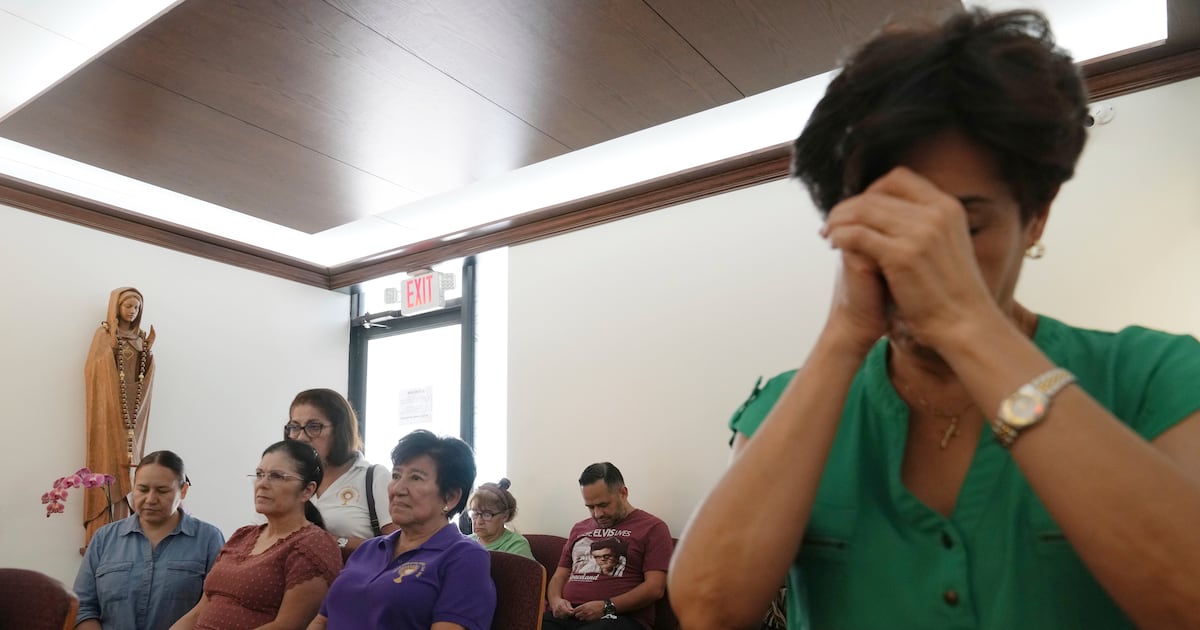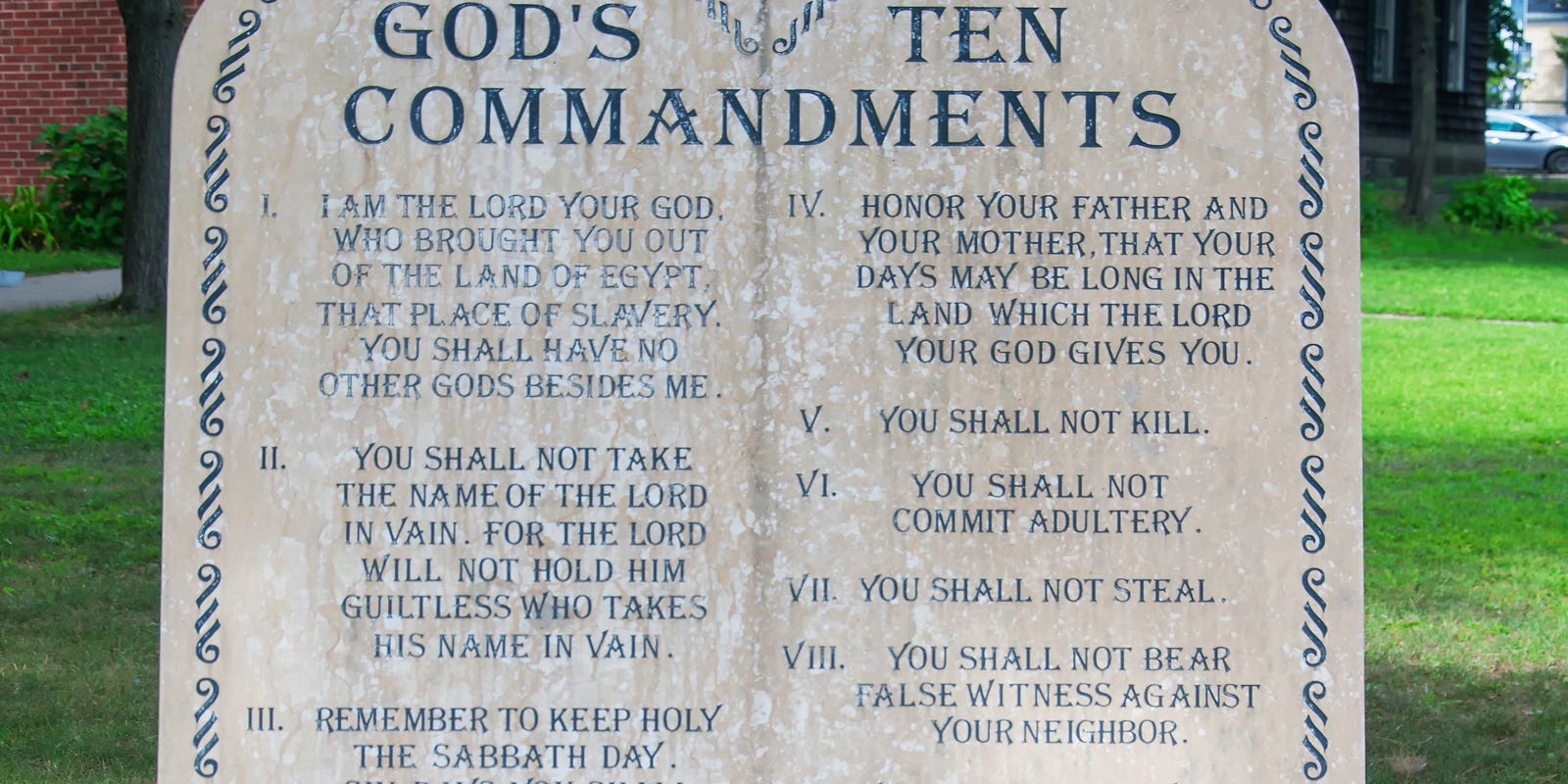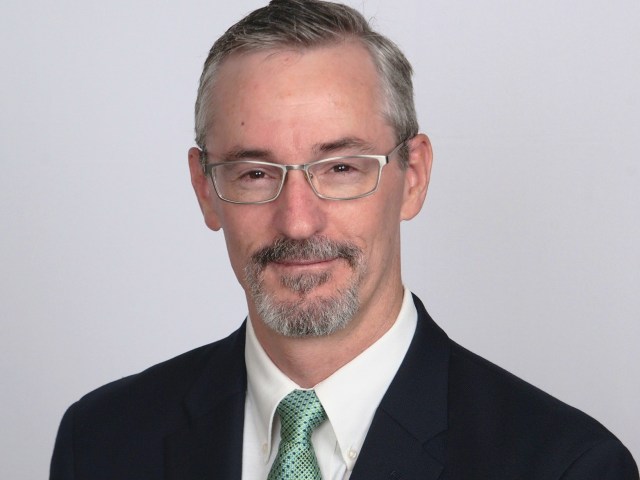Faith in Flux: How Americans Are Changing Religious Lanes
Religion
2025-03-27 03:00:01Content

The most striking trend revealed in the Pew study was the significant shift away from traditional organized religious institutions. Americans are increasingly choosing to disconnect from formal religious structures, marking a profound transformation in the spiritual landscape of the country. This movement represents more than just a statistical change; it reflects a deeper cultural evolution in how people approach faith, spirituality, and personal belief systems.
Rather than completely abandoning spiritual exploration, many individuals are instead crafting more personalized and flexible approaches to understanding their inner lives and connections to something greater than themselves. The exodus from organized religion suggests a growing desire for individual spiritual experiences that aren't constrained by traditional institutional frameworks.
This trend highlights a broader societal shift towards personal autonomy and individualized spiritual practices, where people are more likely to curate their own beliefs rather than adhering strictly to established religious doctrines. The implications of this movement are far-reaching, potentially reshaping social dynamics, community structures, and personal identity in the years to come.
The Great Spiritual Exodus: Unraveling America's Religious Transformation
In an era of unprecedented social change, the landscape of religious affiliation in the United States is undergoing a profound and dramatic transformation. As traditional religious institutions grapple with shifting cultural dynamics, millions of Americans are reevaluating their spiritual connections, leading to a seismic shift in how faith and community are understood and experienced.Navigating the Spiritual Crossroads of Modern Society
The Decline of Institutional Religion
The contemporary religious landscape in the United States is experiencing a remarkable metamorphosis, characterized by a significant exodus from organized religious institutions. This trend goes far beyond mere statistical fluctuation, representing a deep-seated cultural transformation that reflects broader societal changes. Young adults, in particular, are leading this spiritual migration, challenging long-established religious paradigms and seeking more personalized, flexible spiritual experiences. Sociological research indicates that this shift is not simply a rejection of faith, but a nuanced recalibration of spiritual engagement. Traditional denominational boundaries are becoming increasingly porous, with individuals crafting more individualistic approaches to spirituality that transcend conventional institutional frameworks.Generational Perspectives on Spiritual Identity
Millennials and Generation Z are at the forefront of this religious reimagining, demonstrating a remarkable openness to alternative spiritual narratives. Unlike previous generations, they are less likely to adhere to rigid doctrinal structures and more inclined to explore diverse philosophical and spiritual perspectives. This generational approach to spirituality is characterized by a profound desire for authenticity, personal meaning, and interconnectedness. Traditional religious institutions are being challenged to adapt to these evolving expectations, recognizing that younger generations seek holistic, inclusive spiritual experiences that resonate with their complex worldviews.Technological and Cultural Influences
The digital age has fundamentally transformed how individuals conceptualize and practice spirituality. Online platforms, social media, and global connectivity have democratized access to diverse religious and philosophical traditions, enabling unprecedented spiritual exploration and cross-cultural understanding. Moreover, increasing cultural pluralism and globalization have contributed to a more nuanced understanding of religious diversity. People are no longer confined to the spiritual frameworks of their immediate communities but can engage with a global tapestry of belief systems and philosophical traditions.Psychological and Social Dimensions
The movement away from organized religion is not merely a statistical trend but a profound psychological and social phenomenon. It reflects deeper societal transformations, including increased individualism, critical thinking, and a rejection of hierarchical institutional structures. Psychological research suggests that this spiritual migration is often driven by a desire for personal authenticity, intellectual integrity, and meaningful connection. Individuals are increasingly seeking spiritual experiences that align with their personal values, emotional needs, and intellectual understanding.Emerging Spiritual Alternatives
As traditional religious institutions experience declining membership, alternative spiritual practices are gaining prominence. Mindfulness, meditation, personal wellness practices, and syncretic spiritual approaches are becoming increasingly popular, offering individuals more flexible and personalized paths to spiritual fulfillment. These emerging spiritual modalities emphasize personal growth, self-discovery, and holistic well-being, providing compelling alternatives to traditional religious frameworks. They reflect a broader cultural shift towards individualized, experiential approaches to spirituality that prioritize personal transformation over institutional adherence.RELATED NEWS
Religion

Stone of Significance: How a Ten Commandments Monument Speaks to America's Moral Roots
2025-04-02 09:02:45
Religion

When Faith Meets Policy: The Controversial Dance of Government and Religion
2025-05-01 09:30:38






